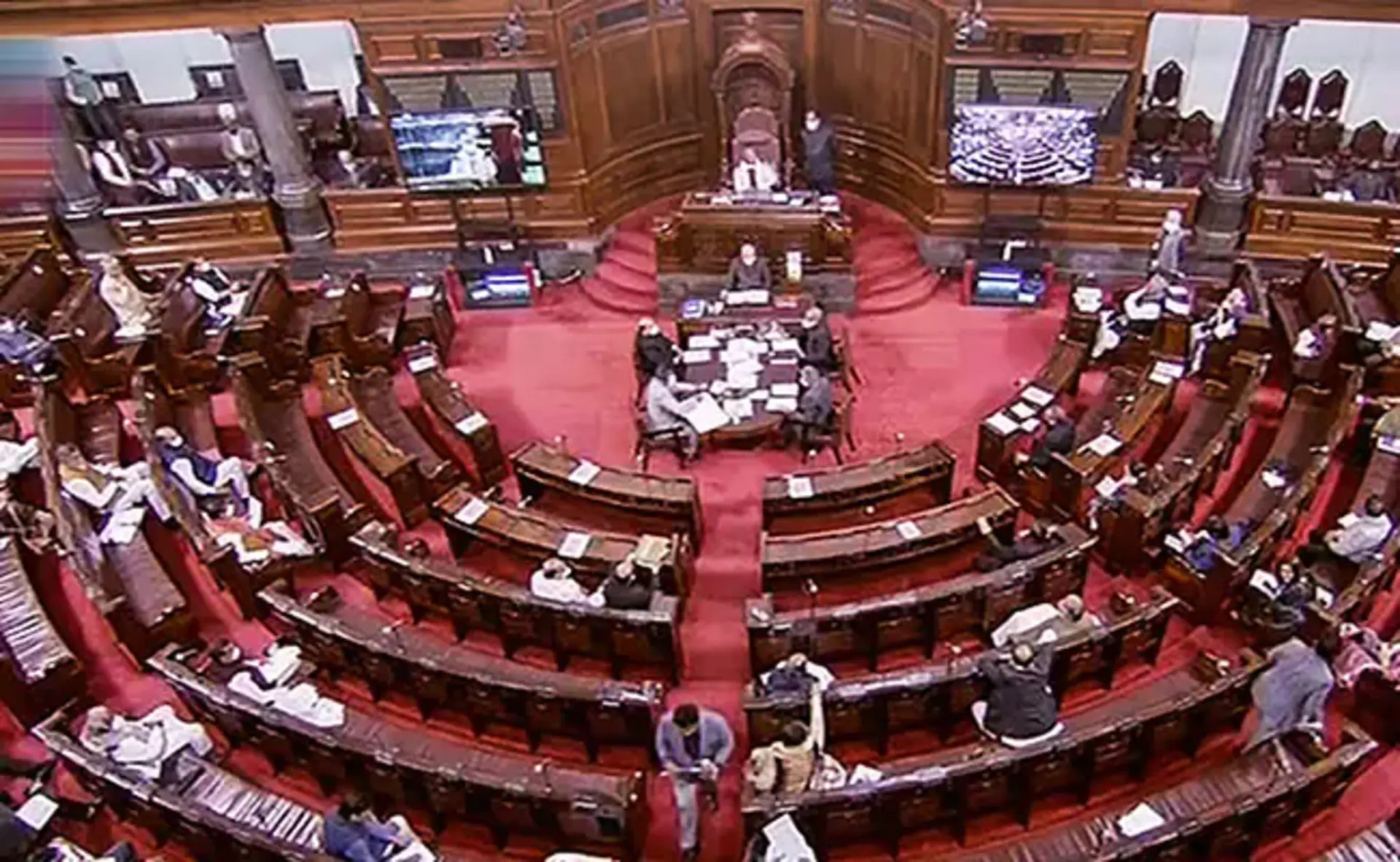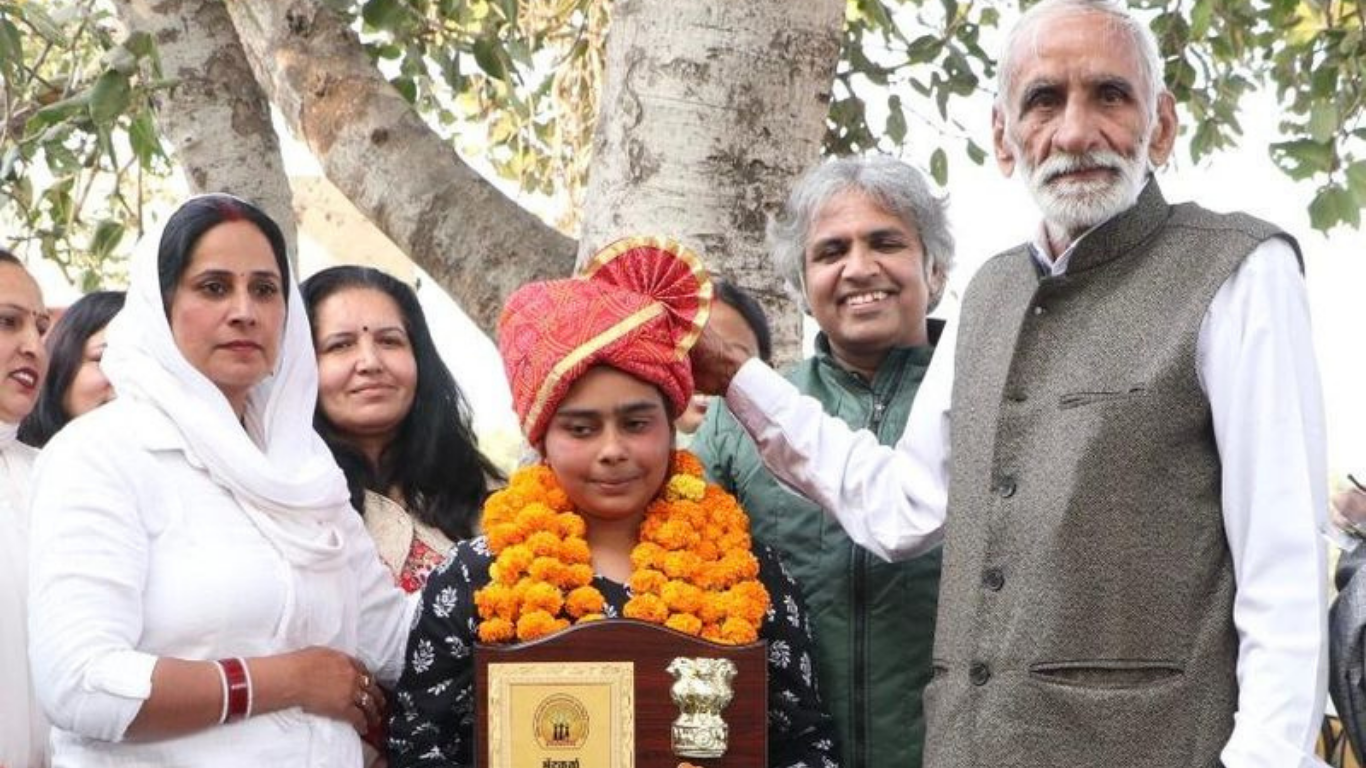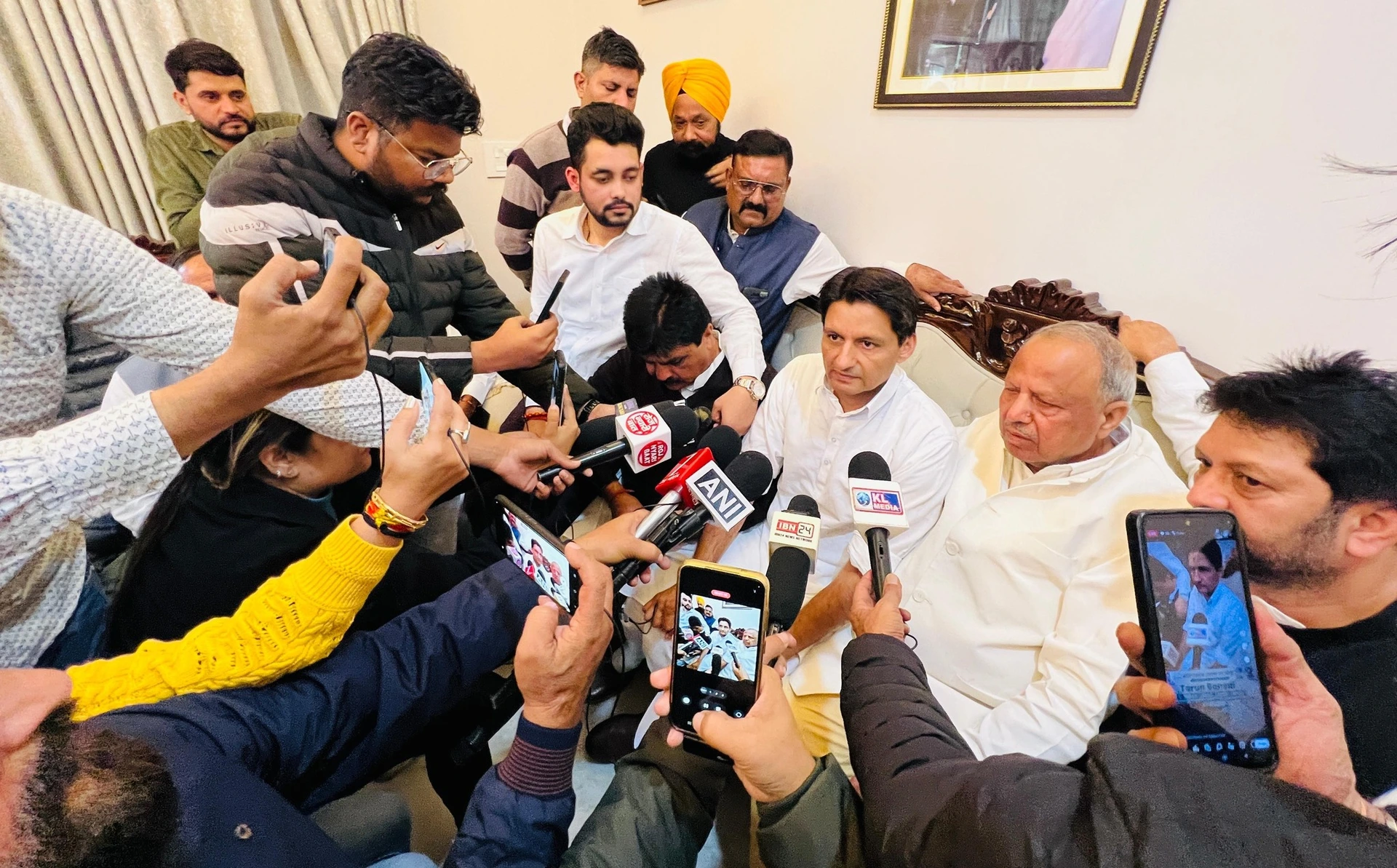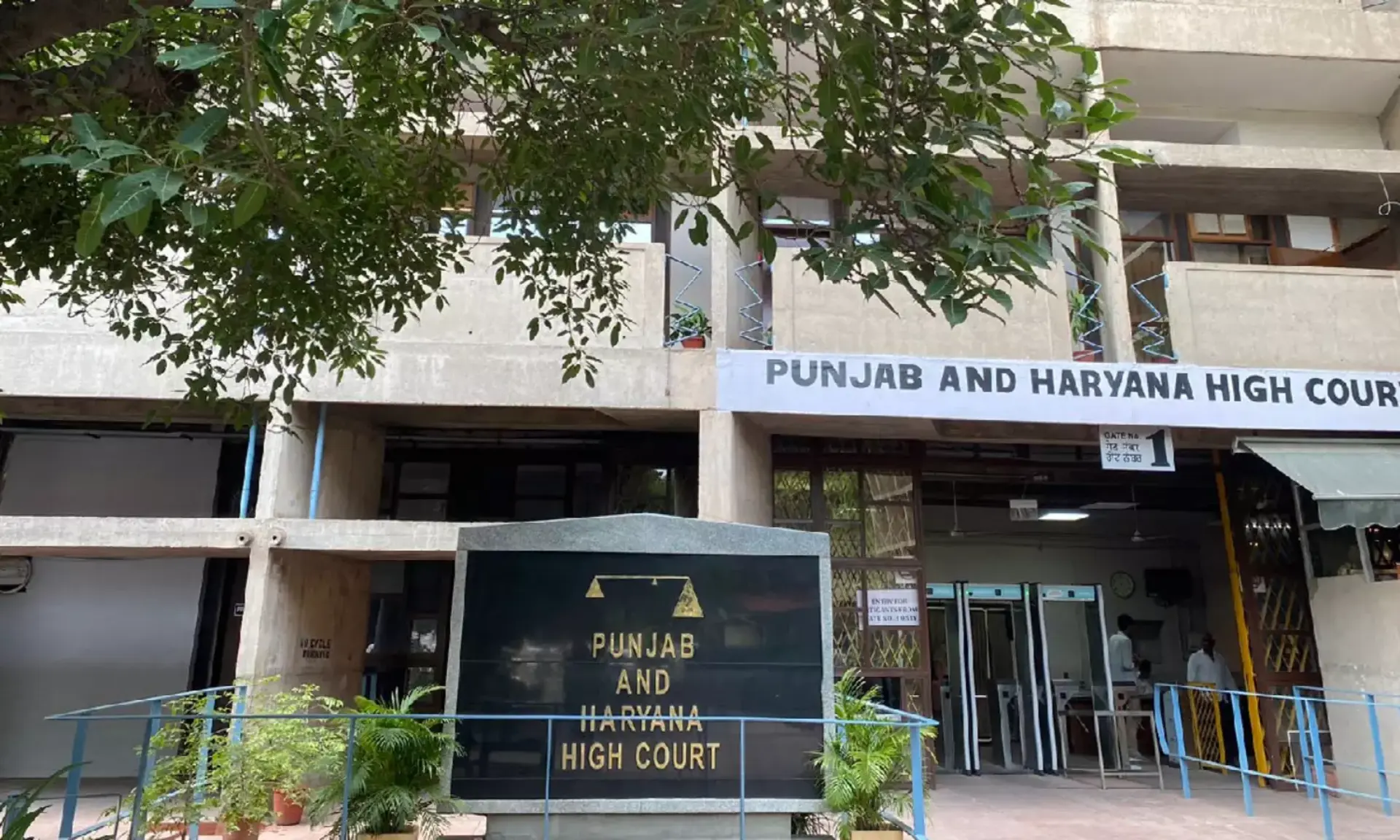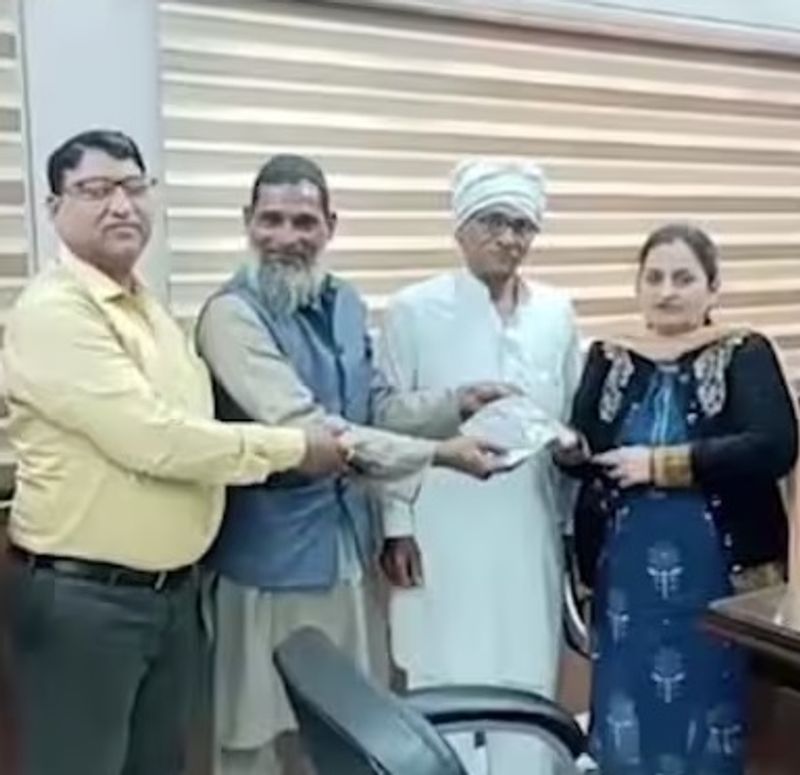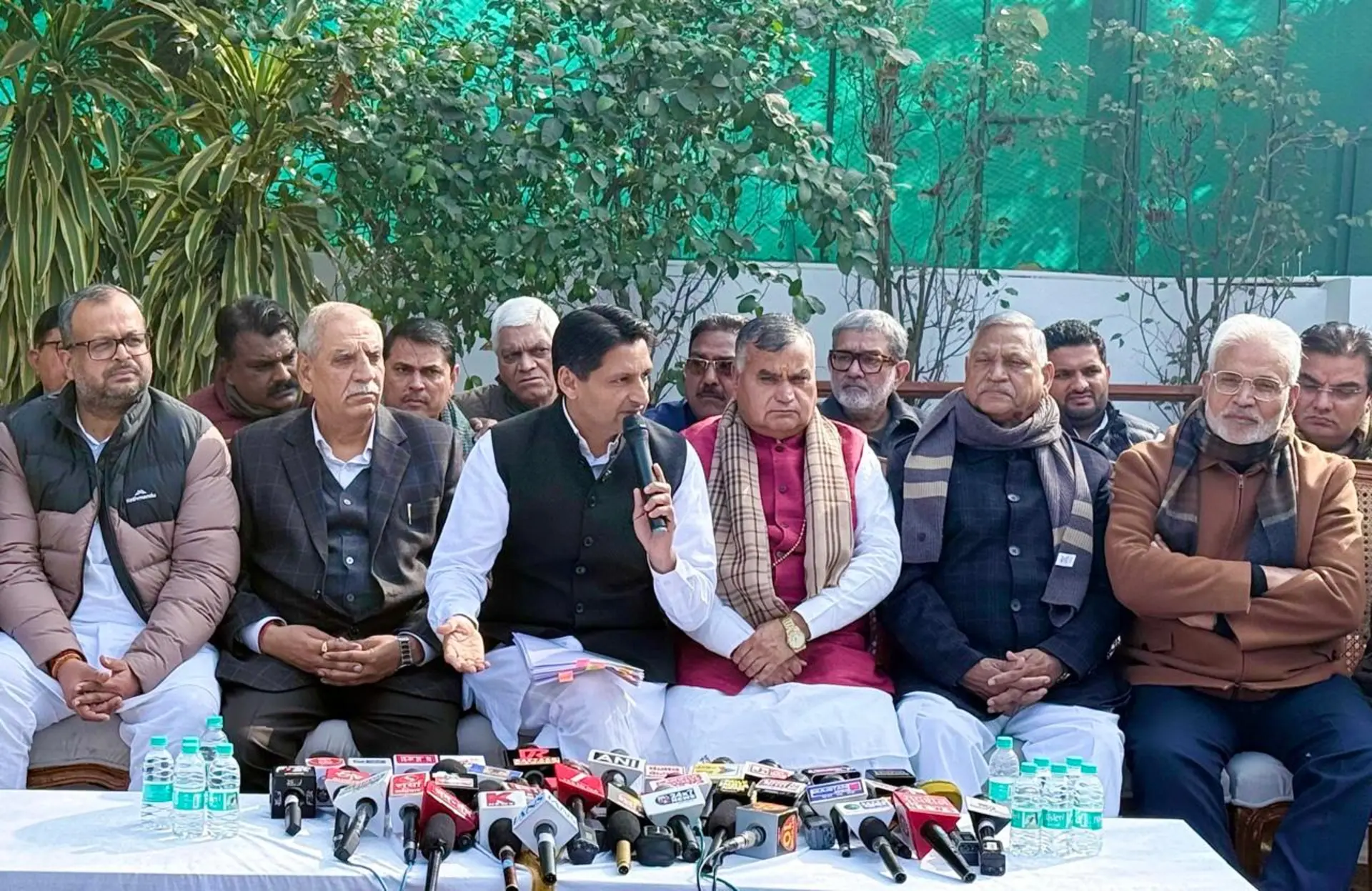
In our significant political turnaround the Bharatiya Janata Party (BJP) has won the Delhi assembly elections 2025 with 48 seats out of 70 member assembly. This remarkable win has ended the AAP's 12 year rule in the national capital. The victory of Bharatiya Janata Party after 27 years in the capital showcase how careful planning and strategic execution can change political fortunes.
Here are the 12 key factors which helped BJP to secure major comeback after the wait of three long decades:
Modi’s Personal Touch in the Campaign
Prime Minister Narendra Modi campaigned across 50 constituencies through five major rallies. The impact was significant with BJP winning 38 out of these 50 seats marking a remarkable 76% success rate. While campaigning Modi consistently used the term "Modi ki guarantee" in his speeches making it a powerful campaign slogan.
Focus on middle class
BJP has strategically targeted Delhi’s middle class, which makes up 67% of the population. Just three days before the voting the party announced significant tax relief by extending tax-free income bar to ₹12 lakhs in the union budget of 2025-26. This has directly impacted and influenced approximately 40 lakh tax payers in Delhi.
Purvanchal Voters
BJP understood the importance of voters from UP, Bihar and Jharkhand who constitute about 30% of Delhi’s population. BJP deployed over 100 leaders from these regions for campaigning to influence the Purvanchal voters. The party's influence was particularly strong in 27 seats where purvanchal voters have significant presence.
Attractive welfare measures
BJP has made several welfare promises which includes monthly payment of ₹2500 to women and senior citizens, subsidized cash gas cylinders for poor women, 21,000 for pregnant women, credit cards worth 30,000 for Street vendors and nutritious meal for slum dwellers at ₹5.
Strategic brand damage to Kejriwal 's image
The Kejriwal's "honest politician" image was successfully damaged through highlighting the ED-CBI investigations, consistent focus on discussion the ₹45 crore renovation of his official residence and also questioning the 40 fold increase in his declared income which gradually influenced the mind of the voters.
Jat Community
BJP's focus on the Jat community proved highly successful as it allocated 14% tickets to Jat leaders and as a result it won all 10 seats where Jat voters are decisive. One of the most important strategy in this ground is the strategic positioning of Pravesh Verma, son of former CM Sahib Singh Verma as CM face although BJP did not declare it officially. BJP has achieved hundred percent success rate in Jat dominated constituencies.
Candidate Selection Strategy
BJP has carefully selected its candidate this time by replacing 46 out of 68 contestants. This move has worked well as 58% of the new candidates won thier seats. The party also successfully integrated leaders who switched from AAP, with several of them winning their constituencies.
Yamuna River Issue
The party capitalized on Kejriwal's apology regarding the Yamuna River:
- Used Kejriwal's public apology about failing to clean the Yamuna
- Haryana CM's challenge of drinking Yamuna water
- PM Modi mentioned Yamuna 11 times in a single rally
- Filed complaints with Election Commission over Kejriwal's statements
AAP Leader Defections
BJP successfully weakened AAP through defections:
- Over 50 AAP leaders joined BJP in the past year
- 8 AAP MLAs switched sides just 4 days before voting
- Several defectors, including Kailash Gahlot, won their seats
- Successfully integrated leaders from both AAP and Congress
Changed Campaign Tone
BJP made notable changes to its campaign rhetoric:
- Avoided using terms like Hindu, Muslim, or infiltrators
- Stayed clear of divisive slogans
- Focused on development and welfare promises
- Maintained a positive campaign narrative
Free Scheme Strategy
The party took a different approach to AAP's free schemes:
- Promised to continue all existing welfare schemes
- Offered additional benefits beyond current schemes
- PM Modi repeatedly assured voters that no schemes would be discontinued
- Enhanced existing benefits with new promises
Strategic CM Candidate Approach
BJP's handling of the Chief Minister candidate was tactical:
- Didn't officially announce a CM candidate
- Positioned Pravesh Verma as an unofficial frontrunner
- Maintained his official residence despite not being an MP
- Created a strong alternative to Kejriwal's leadership
These additional points complete the comprehensive analysis of BJP's victory strategy in the Delhi elections. The party's multi-pronged approach, combining community-specific outreach, strategic defections, careful messaging, and enhanced welfare promises, contributed to its successful campaign.
The Future Implications
BJP's victory marks a significant shift in Delhi's politics. This victory of BJP showcases that appropriate planning, focused campaign and communication can overcome long standing political establishments.
This victory marks a significant shift in Delhi's political landscape. It demonstrates that well-planned strategies, focused campaigning, and effective communication can overcome long-standing political establishments. The results also indicate the growing influence of national issues in state elections and the continued appeal of Prime Minister Modi's leadership.









